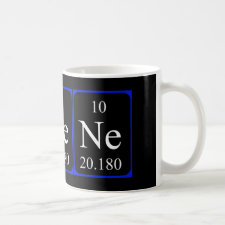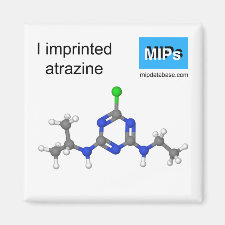
Authors: Tan F, Deng MJ, Liu X, Zhao HX, Li XN, Quan X, Chen JW
Article Title: Evaluation of a novel microextraction technique for aqueous samples: Porous membrane envelope filled with multiwalled carbon nanotubes coated with molecularly imprinted polymer.
Publication date: 2011
Journal: Journal of Separation Science
Volume: 34
Issue: (6)
Page numbers: 707-715.
DOI: 10.1002/jssc.201000791
Abstract: Abstract: A novel microextraction technique based on membrane-protected multiwalled carbon nanotubes coated with molecularly imprinted polymer (MWCNTs-MIP) was developed. In this technique, MWCNTs-MIP were packed inside a polypropylene membrane envelope, which was then clamped onto a paper clip. For extraction, the packed membrane envelope was first impregnated with toluene and then placed in sample solutions. Target analytes in the solutions were first extracted into toluene in the membrane envelope, and were then extracted specifically onto the MWCNTs-MIP. After the extraction, target analytes were desorbed in methanol for liquid chromatography analysis. MWCNTs-MIP of prometryn were used as a model to demonstrate the feasibility of this novel microextraction technique. Factors affecting the extraction including organic solvent, stirring rate, extraction time, salt concentration, and pH were investigated. Under the optimized conditions, the limits of detection (a signal-to-noise ratio of 3) for the selected triazine herbicides were 0.08 - 0.38 μg/L. The prepared membrane envelope could be used at least 50 times. The developed method was used for the analysis of the triazines spiked in river water, wastewater, and liquid milk, with recoveries ranging from 79.3 - 97.4, 58.9 - 110.3 and 76.2 - 104.9%, respectively
Template and target information: triazine herbicides, prometryn, atrazine, terbutylazine
Author keywords: HPLC, microextraction, molecularly imprinted polymer, triazines



Join the Society for Molecular Imprinting

New items RSS feed
Sign-up for e-mail updates:
Choose between receiving an occasional newsletter or more frequent e-mail alerts.
Click here to go to the sign-up page.
Is your name elemental or peptidic? Enter your name and find out by clicking either of the buttons below!
Other products you may like:
 MIPdatabase
MIPdatabase









